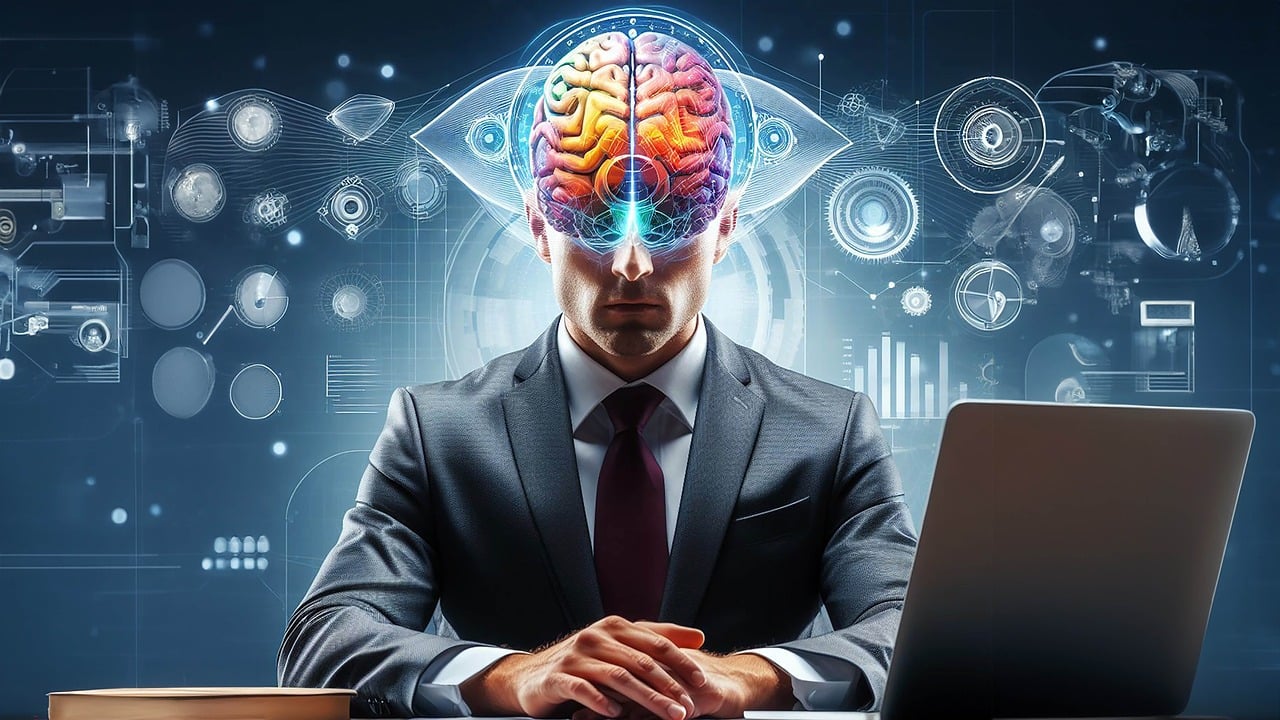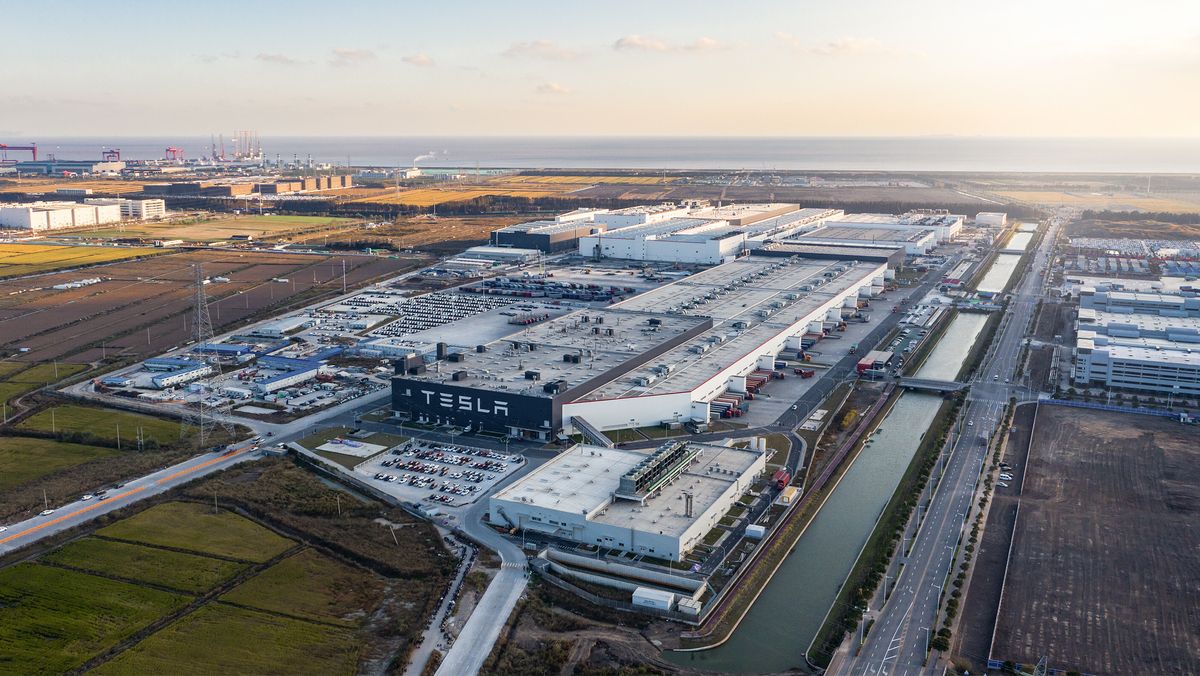Scientists expect that artificial intelligence (AI) will impact working life, cultural life, war, politics, health, and entertainment in many ways in the next five years. Forskning.no has Professor Morten Goodwin and Associate Professor Per Arne Andersen talk about ten predictions about how AI will change the world until 2029.
They expect that the coming years will be characterized by a new arms race. Powerful countries like the United States and China are working on manufacturing powerful weapons based on artificial intelligence.
“One country might invent a swarm of highly intelligent drones that could cause massive destruction. Goodwin believes other countries will work harder to create more destructive weapons.”
Andersen points out that the arms race has already begun, and that artificial intelligence is playing a role on today's battlefields.
“Today, generals sit and make decisions in war, but I believe that artificial intelligence will be able to make much better strategic decisions than we humans,” he claims.
Which country do scientists believe will have the upper hand in the military artificial intelligence race? China.
However, it is by no means the only military that will notice this. Artificial intelligence will increasingly be used as an aid in everyday life.
Goodwin believes AI could help politicians make decisions about everything from bike paths to new hospitals. Digital assistants in everyday people's homes will also become more prevalent.
Education at all levels will be different. Artificial intelligence will shape the way we learn.
“I don't think the exam will exist in five years. Why should we test something that artificial intelligence can do better than us? There will still be colleges and universities in five years, but they will not be what we think of them today,” Professor Morten Goodwin tells Forskning. no.
This does not mean that the entire educational system will collapse.
“Primary and secondary schools are very basic to learning to be a human being, to be social and the other basic things, that they're going to go through. But they're going to get new technology to help them,” Goodwin believes.
New technology will also revolutionize the entertainment industry. Within five years, AI will not only be able to be used to produce films, music, books and video games, but it will be the new normal, Goodwin believes.
He points out that “development in this field is proceeding at lightning speed, and these tools already exist.” The researcher believes that labor unions, in Hollywood for example, will not have much to offer.
The working lives of millions of people will also be affected, in ways that may be difficult to predict. Researchers believe that software development is one of the jobs that will disappear within a few years.
In five years, there won't be as many tasks for humans to do, researchers predict. But the jobs people do will become more meaningful.
“I think we misunderstand work today. On the one hand, we need money to buy food, rent, and other necessary things. On the other hand, we need to find meaning in life. We mix these things together without them having any relationship to each other,” Goodwin says. “.
A key question will be who will get the profits when workers are replaced by AI – will it benefit the workers or the owners of capital? We don't know that yet. But there are sure to be major frustrations and demonstrations over this in the coming years.
US tech giants such as Facebook founder Mark Zuckerberg are now investing billions of dollars in developing artificial general intelligence (AGI). KGI is a very advanced AI technology, and it's not only good at one thing (like ChatGPT in text or Midjourney in images), but it's at least as good at many things as humans.
“I don't think we'll have this by 2029, but maybe we'll have a kind of Frankenstein of AI that combines many different forms of AI,” says Associate Professor Per Arne Andersen.
Morten Goodwin doesn't think we'll get true artificial general intelligence in the next five years, but he does think there will be an unexpected breakthrough that brings us closer.
AI has already been actively used in many scientific disciplines. In medicine, it can, for example, be used to combat aging, improve cancer diagnosis or develop new medicines.
KI also has major applications in astronomy. Combined with advanced robotics, artificial intelligence could be used for space exploration, where it would be expensive or dangerous for humans to do so.
Planetary exploration can take hundreds or thousands of years. On the other hand, artificial intelligence would be well suited to the journey.
“Whether they are physical or virtual robots is not of great importance. But I believe that they will be sent by 2029, and that Elon Musk will be the one to do it,” believes Professor Morten Goodwin.
Elon Musk claims that artificial intelligence may mean the end of business
He buys “How did the government deceive us?» Written by Robert Malone!

“Web specialist. Lifelong zombie maven. Coffee ninja. Hipster-friendly analyst.”





